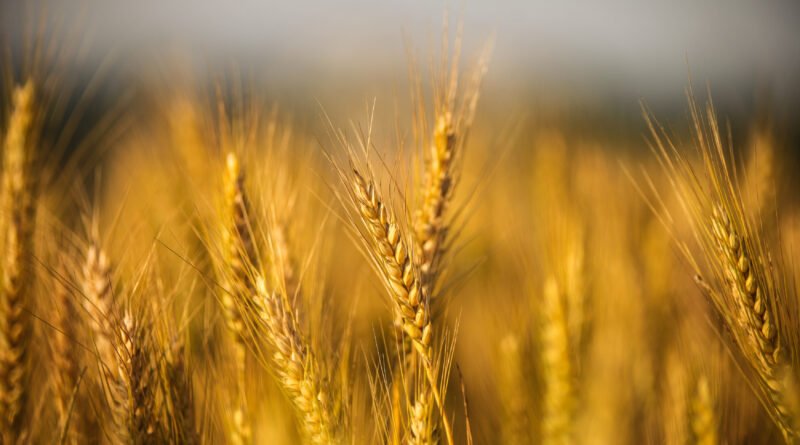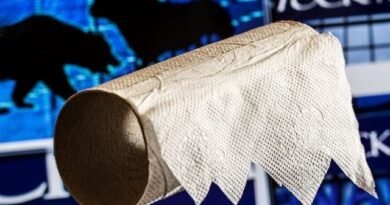Spirits producer face challenges of climate change and pandemic
The Absolut Company (TAC) is one of six brand companies that are part of the Pernod Ricard group, the world’s second largest wine and spirits producer. Working with supplier partners based in Sweden, The Absolut Company purchases goods and services at a value of 1.5 billion SEK (€150 million) per year. TAC head office is located in Stockholm with around 200 employees and production of Absolut Vodka takes place in Åhus, Sweden, employing 344 employees.
“The past 12 months have presented unprecedented challenges for our industry, and the world at large. First and foremost, the coronavirus pandemic has changed our business in ways we just couldn’t have imagined a year ago, disrupting our supply chains and the way we work. Aside from the pandemic, there are the ongoing challenges of climate change, such as biodiversity loss and changing weather patterns, impacting our farmers and communities”, said Anna Malmhake, Chairman and CEO at The Absolut Company for 19/20 Sustainability report.
HAND SANITISER
When the full force of the COVID-19 pandemic hit Sweden in 2020, health care system was faced with a challenge unlike anything in its recent history. Life-saving PPE and disinfectant needed by front-line doctors and nurses were
suddenly in desperately short supply. TAC saw an opportunity to help, rapidly switching production in Åhus distillery to manufacturing ethanol to be used in hand sanitisers for Swedish hospitals. To date of report, around 3.4 million litres of ethanol has been delivered to hand sanitiser producers domestically, for use by medical staff.
In the midst of the somewhat chaotic situation, Paula Eriksson, VP Corporate Affairs & Communications at The Absolut
Company, tweeted that Absolut Vodka were willing to assist in any way they could.
“We had made hand sanitiser for our own use previously, in connection with Swine flu (H1N1). When we found out that
Swedish hospitals were suffering from a shortage of hand sanitisers in connection with the COVID-19 pandemic, we realised that we could scale up our production and help” , Paula Eriksson explains.
MANAGING RISKS AND IMPACTS
TAC continuously assess its business to identify the environmental and societal risks and impacts along our value chain. Environmental risks have been identified along their value chain, from the production of raw materials to transportation and waste management.
The social risks have largely been identified at the cultivation and production stages of key ingredients in developing countries, and also health risks at the consumption stage of our final products. As part of the Pernod Ricard group, TAC sustainability and responsibility (S&R) strategy is aligned with the 2030 roadmap, ‘Good Times from a Good Place.’ This strategy maps out how company is addressing the risks and impacts in these areas.
The Good Times from a Good Place strategy covers a wide range of topics that TAC has a role in contributing to, with
the flexibility to select specific areas to prioritise and define the level of ambitions around these areas. The strategy is
comprised of four strategic ambitions or ‘pillars’, connecting to the global sustainability agenda and the UN SDGs.
These are Nurturing Terroir, Valuing People, Circular Making and Responsible Hosting, and they are underpinned by
a wide range of topics within each focus area. Each pillar is accompanied by an ambition statement and a set of
commitments with associated targets and KPIs.
COMMITMENTS AND THE PROGRESS
TAC commited to identify and map origins and sustainability risks in supply chains (social, environmental) to contribute to the positive transformation of supply chains by 2022. The target is 100% of agricultural raw materials mapped and risk-assessed by 2022. Absolut Vodka already completed the target, while other brands, Malibu and Kahlúa mapped key ingredients including coffee, rum, sugar and coconut flavour.
The second target is to reduce the intensity of Scope 3 carbon footprint (CO2 per unit) by 50% by 2030. As part of science-based targets engagement (SBTs), company aims to decrease the carbon footprint of agricultural raw materials.
The overall ambition is to produce a carbon neutral product, of which wheat production is one element. Absolut Vodka have calculated the emission factor for the purchased wheat, against a base year of 2018. As an interim step, company is working to reduce the carbon impact from wheat production by 10% by 2025.
Malibu and Kahlúa are still in discussions with suppliers to evaluate what is feasible.
Other commitments to nurture terroir include:
- Certification of sourcing of key agricultural raw materials according to selected sustainability standards;
- Pomotion of sustainable agriculture and implementation of resilient agricultural practices bytaking action on the most pressing agricultural sustainability issues identified in the risk mapping stage;
- Enhancement of biodiversity by engaging in conservation initiatives to preserve natural ecosystems.




